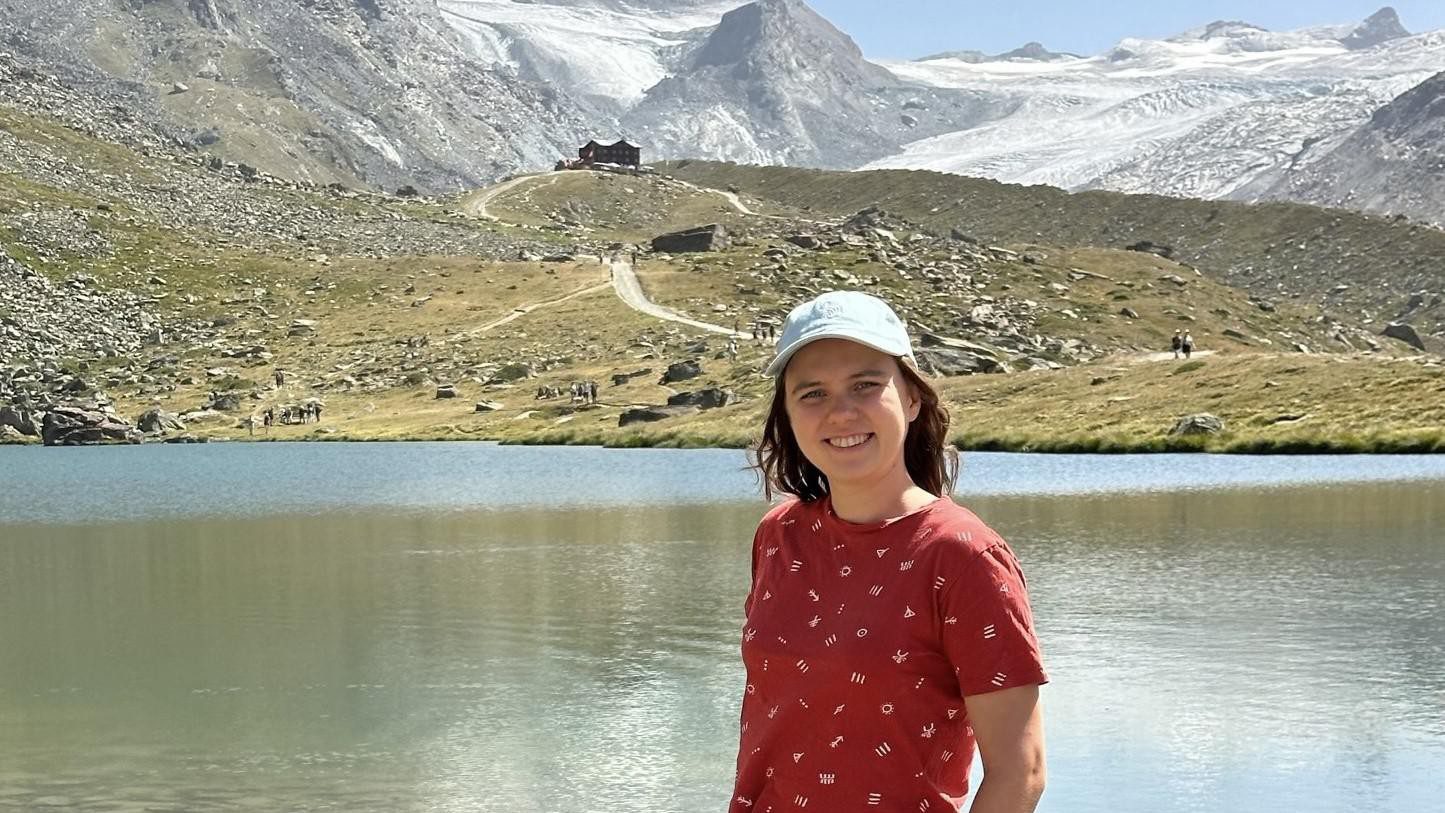EPFL’s Anastasiia Koloskova has won this year’s ELLIS PhD award, which recognizes European dissertations in the area of artificial intelligence and machine learning-related fields.

Each year, the ELLIS PhD Award recognizes young and exceptional machine learning researchers from across Europe for their outstanding dissertations and research achievements in the field of modern AI.
This year, IC’s , who completed her PhD at under the supervision of Professor Martin Jaggi in the Machine Learning and Optimization Laboratory, took out the main prize along with Luigi Gresele from the University of Tübingen and Max Planck Institute for Intelligent Systems.
Koloskova’s research focused on developing novel algorithms and techniques for privacy-preserving and distributed machine learning. Her work has been recognized with prestigious awards, including EPFL’s Doctoral Program Thesis Distinction award and a Google PhD Fellowship in Machine Learning.
Prior to her PhD, she earned a Bachelor’s degree in Applied Mathematics and Physics from the Moscow Institute of Physics and Technology. Dr. Koloskova has gained valuable industry experience through internships at Google and Facebook, where she contributed to cutting-edge research in federated learning. She is currently a Postdoctoral Scholar at Stanford University.
Her research focuses on enhancing the efficiency, scalability, and theoretical foundations of decentralized, distributed, and collaborative learning methods. Her thesis contributed to optimization theory by introducing novel proof techniques and advancing practical applications.
“I am truly honored to receive the ELLIS PhD Award. I am deeply grateful to my PhD advisors Martin Jaggi and Sebastian Stich for providing me with all the support and guidance which made this achievement possible,” Koloskova said.
This year the competition among ELLIS PhD Award nominees was particularly strong.
“It is amazing to see how many strong PhDs are defended every year in Europe. It is a great pleasure and honor to be part of the selection process of the ELLIS PhD Award. I sincerely congratulate all three winners. Given that we had so many strong submissions, we decided, for the first time, to also give a third prize (Runner Up) this year”, says Bernt Schiele, chair of the selection process for the ELLIS PhD Award.
Learn more about the award and the nomination process.
Author: Tanya Petersen